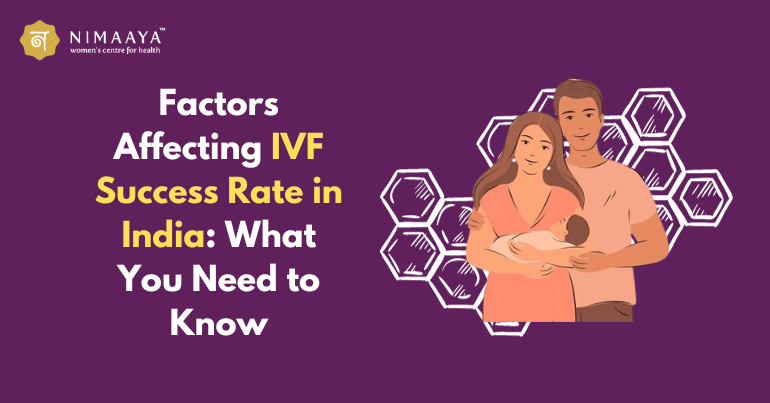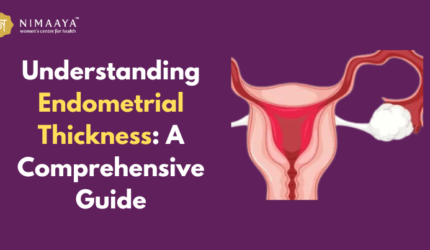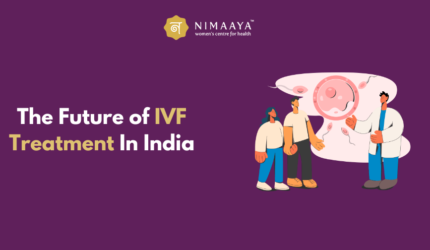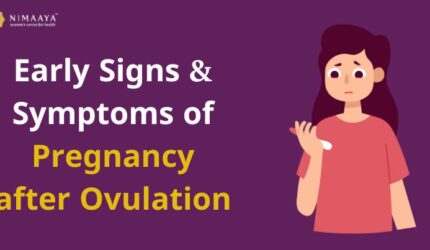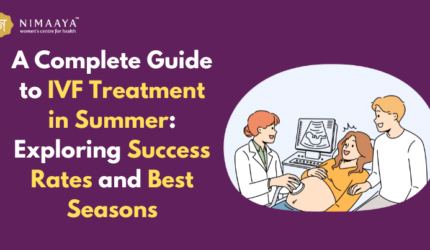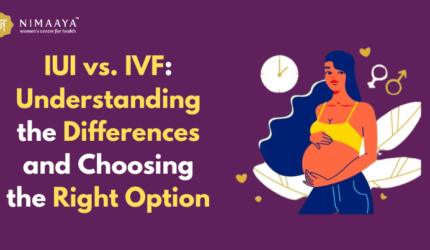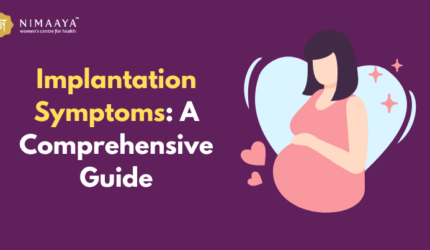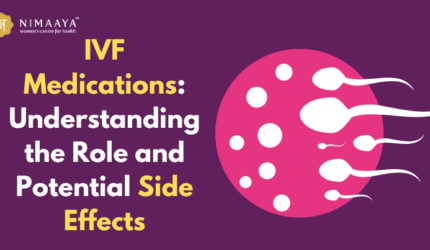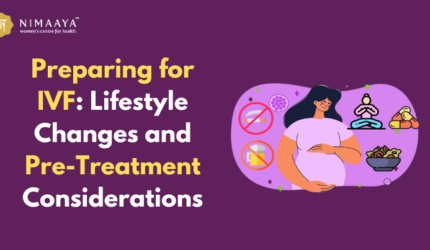Embarking on the journey of in vitro fertilization (IVF) can be both exciting and challenging. For couples aspiring to start a family, the quest for a successful IVF outcome is often accompanied by questions and uncertainties. In India, where the landscape of reproductive healthcare is evolving rapidly, understanding the factors that influence IVF success rates becomes paramount. In this comprehensive guide, we will delve into the intricate details of the IVF success rate in India, shedding light on factors such as age, fertility issues, reproductive health, lifestyle choices, and embryo quality.
Factors Influencing IVF Success Rates: Unveiling the Secrets
• Age and IVF Success Rates:
One of the pivotal determinants of IVF success is the age of the woman undergoing the procedure. Fertility tends to decline with age, and this directly impacts the quality and quantity of eggs available for fertilization. Understanding the IVF success rate by age is crucial for managing expectations and making informed decisions.
• Fertility Issues and Reproductive Health:
Underlying fertility issues play a significant role in determining the success of IVF treatments for that you should also check and know the IVF success rate in India. Conditions such as polycystic ovary syndrome (PCOS), endometriosis, and male factor infertility can influence the outcome. Navigating these challenges with the guidance of a skilled fertility specialist is essential for optimizing the chances of success.
• Quality of Embryos:
The quality of embryos used in IVF is a critical factor affecting success rates. The embryonic stage is a delicate phase, and the health and viability of embryos significantly impact the likelihood of a successful pregnancy. Cutting-edge technologies and advancements in embryo selection have improved the precision of IVF procedures, contributing to higher success rates.
• Lifestyle Factors and IVF Success:
Beyond medical factors, lifestyle choices also play a pivotal role in determining the success of IVF. Factors such as body weight, smoking, alcohol consumption, and stress levels can influence reproductive health. Understanding and addressing these lifestyle factors can positively impact the outcomes of IVF treatments.
• Success in the First Attempt:
Many couples wonder about the likelihood of success in the first attempt at IVF. While success rates can vary, factors such as proper patient screening, personalized treatment plans, and adherence to medical advice can enhance the chances of a successful outcome in the initial cycle. Additionally, the integration of advanced technologies in assisted reproductive procedures, like embryo selection methods, further refines the precision of the IVF process. Couples must maintain open communication with their fertility specialists, fostering a collaborative approach that ensures adjustments to the treatment plan based on individual responses, ultimately optimizing the prospects of success in the very first IVF attempt.
Also Read: Filtering the Top 5 IVF Centers in Vadodara for a Successful IVF Journey
IVF Success Rate in India:
India has emerged as a global hub for advanced reproductive technologies, with a growing number of couples seeking IVF treatments. Understanding the specific dynamics of IVF success rate in India, including regional variations and the expertise of fertility clinics, is crucial for those navigating the fertility journey.
IVF’s success rate in India reflects the nation’s progressive strides in reproductive healthcare. Regional variations in success rates highlight the importance of selecting the right fertility clinic. Notably, the IVF success rate in India is influenced by the expertise and technology available at these centers. Couples considering IVF should delve into the specific nuances of success rates in different regions, empowering themselves with information to make informed choices. The evolving landscape of reproductive technologies in India continues to offer hope to couples seeking to build their families through assisted reproduction.
IVF Success Rates by Age:

Grasping the IVF success rate in India by age is crucial for couples initiating their fertility journey. Age significantly shapes fertility outcomes, impacting both the quantity and quality of available eggs. Typically, younger individuals in India may experience higher success rates, indicative of their more favorable reproductive health. Nevertheless, advancements in reproductive technologies within India have broadened the scope for success across diverse age groups. Understanding these age-specific dynamics is imperative for couples navigating the IVF process in India and also for checking the IVF success rate in India, aiding in informed decision-making and expectation management.
Navigating the intricate landscape of IVF success rates by age involves recognizing the unique challenges and opportunities presented by different life stages. For individuals in their twenties, the reproductive system is often more robust, contributing to higher success rates. As age advances, particularly beyond the age of 35, fertility tends to decline, and the chances of success may decrease. However, tailored treatment plans, advancements in assisted reproductive technologies, and personalized care from experienced fertility specialists can significantly improve outcomes, even for those facing age-related challenges. Couples are encouraged to collaborate closely with their healthcare providers to understand how age factors into their specific fertility equation and explore the most effective strategies for achieving a successful IVF outcome.
Also Read: Discover the Top 5 IVF Centers in Ahmedabad for IVF Journey
IVF Success Rate for 31-year-old:
Age is a key factor, and understanding the specific IVF success rate for a 31-year-old provides valuable insights. The reproductive health of individuals in their early thirties can differ significantly from those in their twenties or forties, influencing the optimal approach to fertility treatments.
IVF Success Rate on First Attempt:
Embarking on the journey of in vitro fertilization (IVF) raises anticipation and questions, especially concerning the success rate in the first attempt. Couples often wonder about the likelihood of achieving a positive outcome in the initial IVF cycle. Success rates can vary, influenced by factors like age, reproductive health, and treatment specifics. While some are fortunate to experience success in the first attempt, others may need multiple cycles. Understanding and discussing individual circumstances with a fertility specialist plays a pivotal role in optimizing the chances of a successful outcome.
Navigating the complexities of IVF involves recognizing that success in the first attempt hinges on a multitude of factors. Thorough pre-treatment evaluations, including assessing the woman’s ovarian reserve and overall reproductive health, contribute to tailored treatment plans. Additionally, addressing lifestyle factors and adhering to medical advice can enhance the probability of success. While the prospect of success in the initial cycle is encouraging, couples should approach the IVF journey with patience and resilience, acknowledging that each case is unique and may require personalized adjustments for optimal results.
Also Read: Exploring the Top 5 IVF Centers in Surat for a Successful IVF Journey
How to Make IVF Successful the First Time?

Ensuring the success of IVF on the first attempt involves a strategic combination of factors. First and foremost, comprehensive pre-treatment evaluations are crucial to identify and address any underlying fertility issues. Personalized treatment plans, tailored to the unique needs of the individuals, maximize the chances of success. Adherence to medical advice, lifestyle modifications, and emotional support contribute significantly. Additionally, selecting a reputable fertility clinic with a track record of success, such as Nimaaya IVF Center, enhances the probability of a successful outcome in the initial IVF cycle.
• IVF Success Rate Calculator:
The use of technology in fertility treatments has given rise to tools such as IVF success rate calculators. These calculators take into account various factors, including age, reproductive history, and treatment specifics, providing couples with an estimate of their chances of success. While these tools can offer guidance, consulting with a fertility specialist remains essential for personalized advice.
• Secrets to Successful IVF:
Unlocking the secrets to a successful IVF journey involves a holistic approach. Beyond medical interventions, emotional well-being, support systems, and proactive communication with healthcare providers contribute to a positive experience. Nurturing a positive mindset and staying informed empower couples on their path to parenthood. Moreover, maintaining a healthy lifestyle, including regular exercise and a balanced diet, can positively impact fertility outcomes. Couples should engage in open and honest discussions with their healthcare providers, addressing any concerns or uncertainties along the way. Proactive communication ensures that the treatment plan remains aligned with the evolving needs of the individuals, fostering a collaborative and supportive environment throughout the IVF journey.
Nimaaya IVF Center:
Choosing the right fertility clinic is a crucial step in the IVF journey. Nimaaya IVF Center, with its commitment to excellence and a patient-centric approach, stands as a beacon of hope for couples seeking assisted reproductive technologies in India. The center’s expertise, state-of-the-art facilities, and compassionate care contribute to its reputation as a trusted destination for fertility treatments.
Conclusion:-
In conclusion, navigating the realm of IVF success rates requires a comprehensive understanding of the multifaceted factors that come into play. From age and fertility issues to lifestyle choices and the quality of embryos, each element contributes to the overall outcome. Armed with knowledge and supported by a reputable fertility clinic like Nimaaya IVF Center, couples can embark on their IVF journey with confidence, hope, and a higher likelihood of success.

